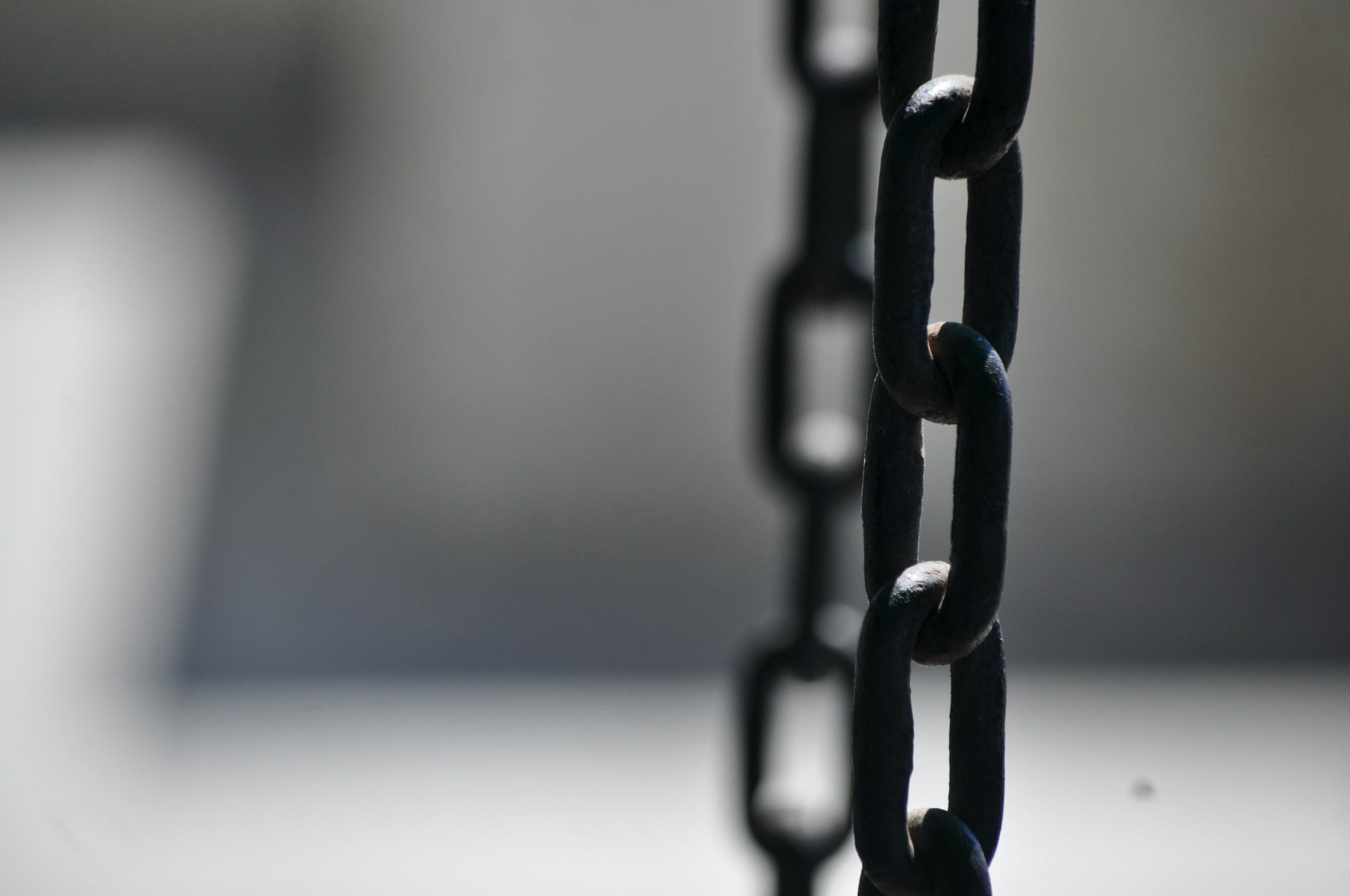EMERGENCIES AND IN TIMES OF TROUBLE
 Summary of sections:
Summary of sections:
|
4. Information on Police, domestic abuse and other emergencies
4.4. Modern Slavery awareness
What is Modern Slavery? 
(information taken from Anti-Slavery International page)
Modern slavery is when someone exploits or uses other people in a most horrific and harsh way for their own personal or commercial gain.
Modern slavery is all around us, but often just out of sight.
People can become slaves and entrapped into doing many things, such as making our clothes, serving our food, picking our crops, working in factories, or working in houses as cooks, cleaners or nannies.
From the outside, it can look like a normal job. But people are being controlled – they can face violence or threats, be forced into inescapable debt, or have had their passport taken away and are being threatened with deportation. Many have fallen into this trap simply because they were trying to escape poverty or insecurity, improve their lives and support their families. Now, they can’t leave.
Forms of Modern Slavery
Modern slavery takes many forms. The most common are:
- Human trafficking. The use of violence, threats or coercion to transport, recruit or harbour people in order to exploit them for purposes such as forced prostitution, labour, criminality, marriage or organ removal.
- Forced labour. Any work or services people are forced to do against their will under threat of punishment.
- Debt bondage/bonded labour. The world’s most widespread form of slavery. People trapped in poverty borrow money and are forced to work to pay off the debt, losing control over both their employment conditions and the debt.
- Descent–based slavery. Most traditional form, where people are treated as property, and their “slave” status was passed down family in the maternal line.
- Slavery of children. When a child is exploited for someone else’s gain. This can include child trafficking, child soldiers, child marriage and child domestic slavery.
- Forced and early marriage. When someone is married against their will and cannot leave. Most child marriages can be considered slavery.
People end up trapped in modern slavery because they are vulnerable and can be easily tricked and exploited, often as a result of poverty and exclusion. It is these external circumstances that push people into taking risky decisions in search of opportunities to provide for their families, or are simply pushed into jobs in exploitative conditions.
General Indicators of modern slavery 
Someone in slavery might:
- appear to be under the control of someone else and reluctant to interact with others
- not have personal identification such as passports, etc, on them
- have few personal belongings, wear the same clothes every day or wear unsuitable clothes for work
- not be able to move around freely
- be reluctant to talk to strangers or the authorities
- appear frightened, withdrawn, or show signs of physical or psychological abuse
- dropped off and collected for work always in the same way, especially at unusual times, i.e. very early or late at night.
What to do if you spot these signs:
If you suspect that someone is in slavery, DO NOT confront them or cause a scene as this will likely lead to increased harm for them. Instead, go to / inform relevant authorities or organisations working in the field.
If you are in the UK and suspect someone might be in slavery, you have several options:
- Call the Modern Slavery Helpline on 08000 121 700 or fill out an online form.
- Contact the Gangmasters and Labour Abuse Authority to report concerns about the mistreatment of workers on 0800 432 0804, or by email intelligence@glaa.gsi.gov.uk
- Contact Crimestoppers on 0800 555 111
- Contact the Police
- Adult Victim Referral: Salvation Army 0300 303 8151
- Child Trafficking Advice Centre (CTAC): NSPCC 0808 800 5000
- Contact Anti-Slavery International or other specialist anti-slavery organisations
- Contact CEOP – Child Exploitation Online Exploitation on 0870 000 3344
Main Point of Contact for London
Metropolitan Police: Modern Slavery and Kidnap Unit
email: TraffickingReferralTeam@met.pnn.police.uk
Call: 0207 587 3546 (office hours)